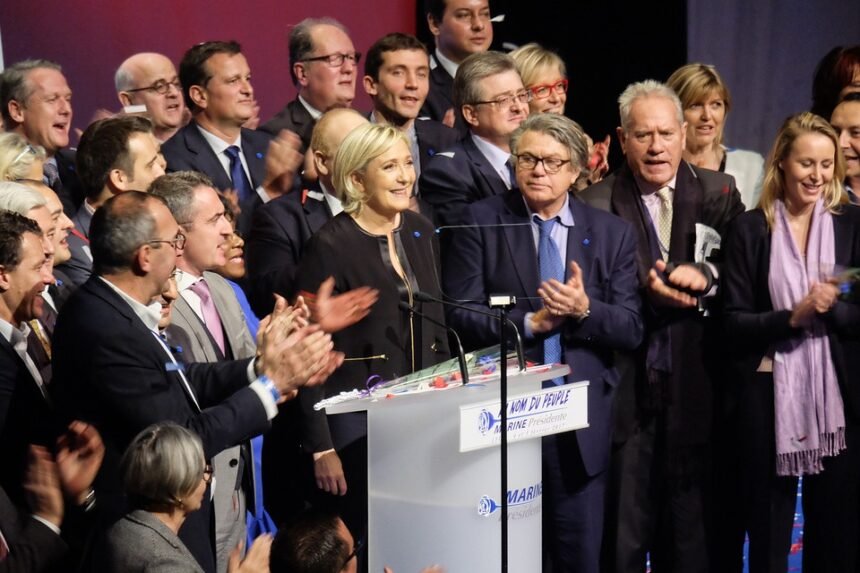The Role of Social Media in the 2024 Election: A Double-Edged Sword
As the world gears up for the 2024 elections, the impact of social media on the political landscape has never been more pronounced. From grassroots organizing to disinformation campaigns, platforms like Twitter, Facebook, Instagram, and TikTok are redefining how candidates communicate with voters, how information is disseminated, and how public perception is shaped. Yet, this powerful tool comes with both tremendous potential and significant pitfalls, serving as a double-edged sword in the democratic process.
The Power of Connectivity
One of the most striking features of social media is its ability to connect candidates directly with voters, allowing for real-time engagement. Politicians now have the opportunity to communicate their messages, share their platforms, and respond to constituents without the filter of traditional media outlets. This immediacy fosters a sense of intimacy and transparency that can enhance voter connection and increase mobilization.
In 2024, political candidates are leveraging platforms to create viral moments and engage younger voters, who are increasingly disenchanted with conventional political processes. TikTok has emerged as a particularly effective venue for this demographic, where short, creative videos can be disseminated rapidly, garnering millions of views. Campaigns seek to harness this potential by crafting content that resonates with the values and interests of younger audiences.
Moreover, social media allows for more inclusive and grassroots movements. It enables smaller candidates, who may lack the funding and resources of their larger counterparts, to bypass traditional barriers to entry. By building their own online communities, they can rally support and campaign effectively without the same reliance on conventional media.
The Dark Side: Misinformation and Polarization
However, the benefits of social media come with significant costs. One of the most alarming issues faced in the lead-up to the 2024 elections is the proliferation of misinformation. Social media platforms are ripe for the rapid spread of false narratives, conspiracy theories, and erroneous claims. The 2020 election cycle revealed how easily misinformation could proliferate, and since then, the landscape has become even more complicated with AI-generated content and deepfake technology.
Misinformation can undermine public trust in the electoral process, skewing perceptions and potentially influencing voting behavior in unpredictable ways. Candidates and their surrogates may engage in disinformation campaigns to undermine opponents, thereby contributing to a toxic political environment.
Moreover, social media algorithms often create echo chambers, leading to increased political polarization. Users are more likely to be exposed to content that aligns with their beliefs, which can entrench divisions within society. This phenomenon was evident in the 2020 elections and is expected to be even more pronounced in 2024, as polarized rhetoric garners engagement, leading to further fragmentation of the electorate.
Regulation and Responsibility
As concerns about misinformation and the ethical responsibilities of social media platforms grow, calls for regulation have intensified. Discussions around the need for fact-checking mechanisms, better moderation policies, and transparency in political advertising have gained traction. In response, major platforms have implemented measures aimed at curbing misinformation, such as labeling false claims and promoting credible sources.
Yet, the challenge remains: how to balance regulation without infringing on free speech? Navigating this terrain is complex, as actors across the political spectrum will undoubtedly seek to leverage whatever tools are available to them.
The Future of Political Engagement
In light of these complexities, the role of social media in the 2024 elections represents both an opportunity and a challenge. It holds the potential to democratize political engagement, facilitating new voices and narratives that might otherwise go unheard. However, the risks associated with misinformation and polarization cannot be ignored.
As citizens prepare to engage with the election cycle, understanding the role of social media—both its benefits and drawbacks—will be crucial. Voters will need to take a critical approach to the information they consume and share, fostering a culture of media literacy that empowers individuals to discern fact from fiction.
Ultimately, the 2024 elections may well hinge on how effectively society can wield the double-edged sword of social media—harnessing its power for positive political engagement while safeguarding against its inherent dangers. As technology and human behavior evolve, so too will the landscape of political communication, making vigilance and adaptability essential for a healthy democracy.




